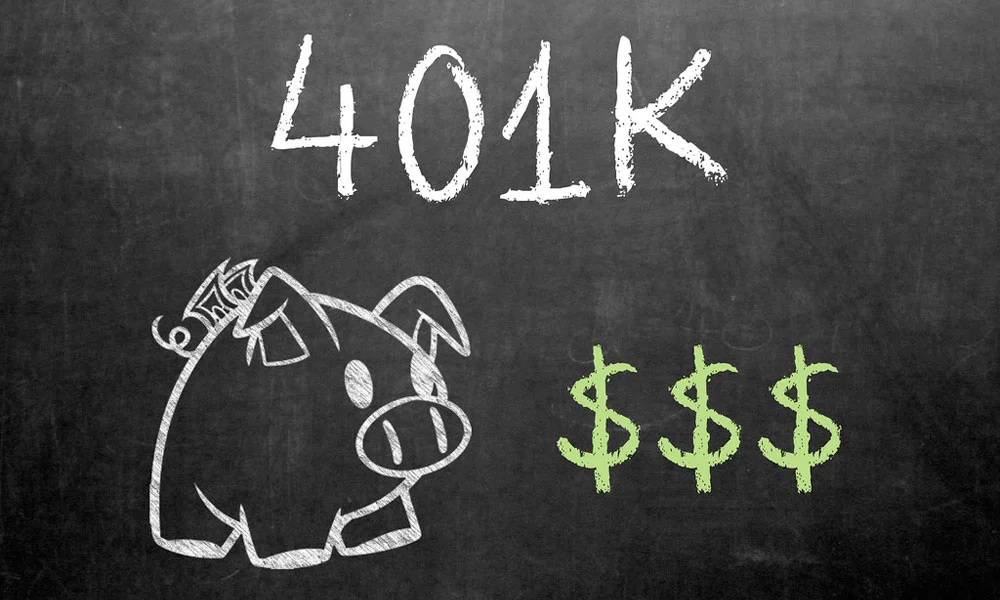“Someone's sitting in the shade today because someone planted a tree a long time ago.”
Invest for the kind of life you want tomorrow.
One of the big personal challenges we have to overcome is planning for the future while enjoying the present.
We all have dreams and it’s important to understand that in order for those dreams to come true that we have a plan to make it happen.
This is where investing comes in.
Investing means putting money in things you want to see grow: for your future self, your family and your community.
Know Why You Want to Invest
What are your goals in the next few years?
Investing is more than just about money. It’s investing in yourself, in your education, in your relationships, in the world around you so that you can life on your own terms.
A great exercise to do is to write down what you want out of life. Many will cost $$$. Once you have an idea, figure out how much you’ll need to save and what other action items you’ll need to go through to accomplish it.
Saving vs. Investing
Saving is all about ensuring you have options for the future. This means having a financial cushion should something unexpected pop up in the short-term. As a best practice, it’s good to have short-term savings in a high-yield savings account which can be access easily and provide you lots of flexibility.
For everything else, place that money into investments. Investments will vary and some may be hard to liquidate so you’ll have to decide for yourself where you want to put your money. Some examples of long-term investments are stocks, mutual funds, a house, a business, etc.
Opt for tax-advantaged accounts that provide you a tax-incentive to invest as this can save you money in the long-term.
Investing for Retirement
Your older self deserves to live life in abundance.
We invest for retirement because at some point, working will no longer be an option for us - due to age, health or other reasons. It’s important to have a strong retirement savings in place so that you can age gracefully.
Here’s the reality - you don’t magically stop spending money in retirement. And some costs such as healthcare and housing will continue to increase. It’s better to hedge your bets and save early and often.















